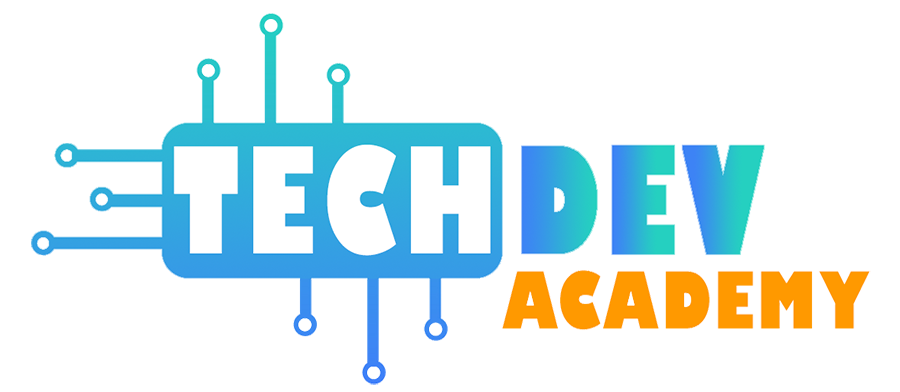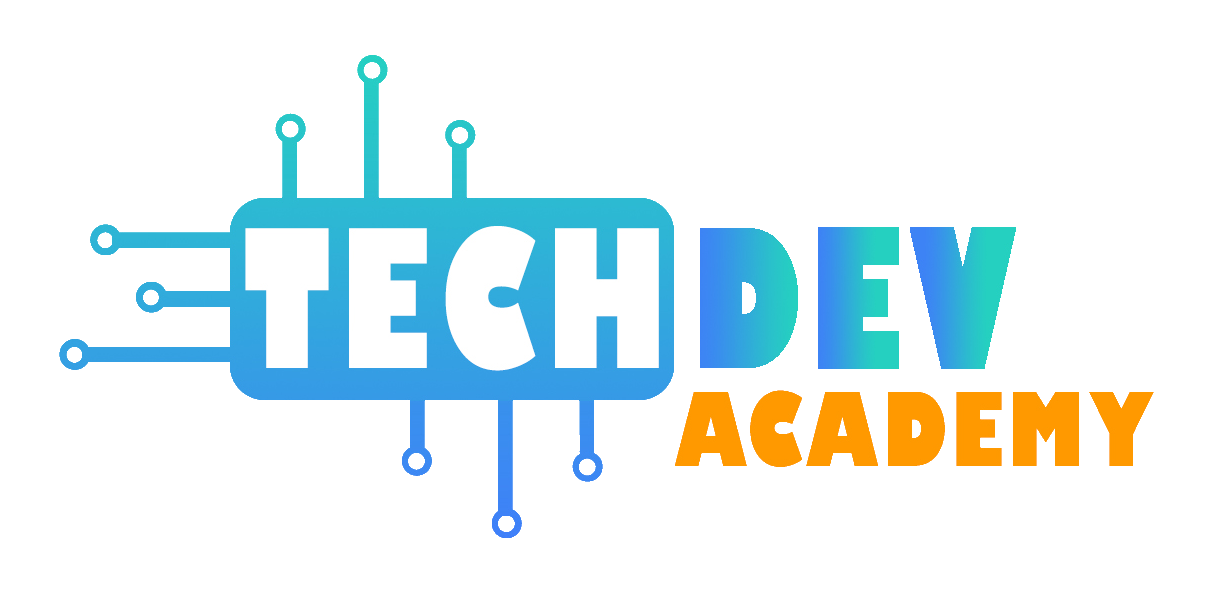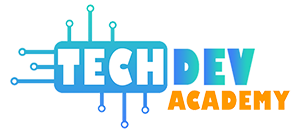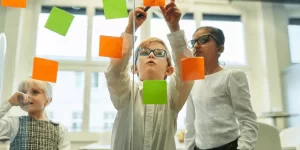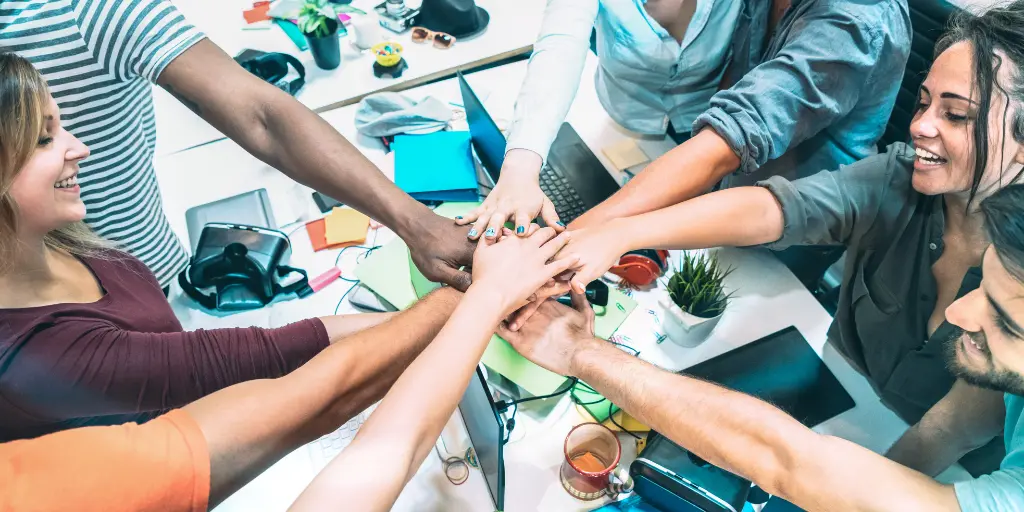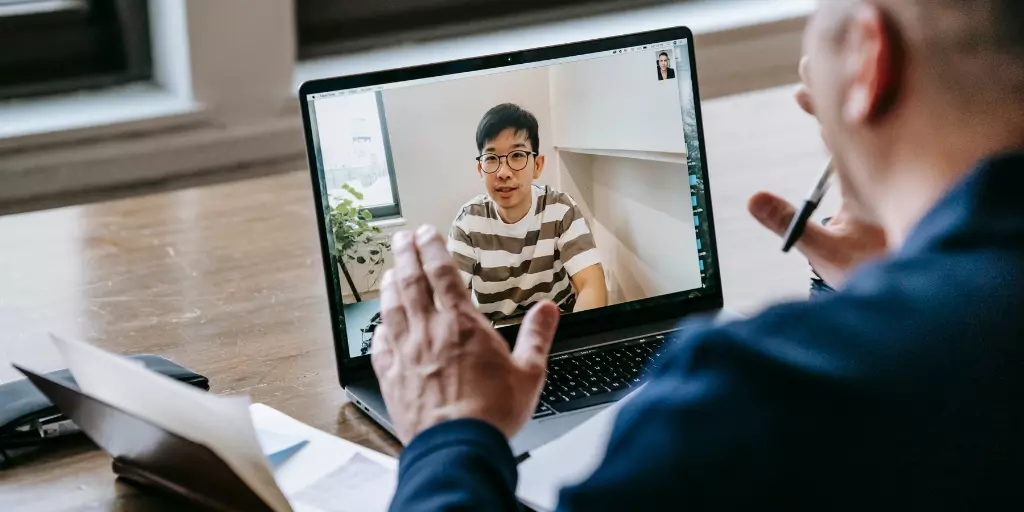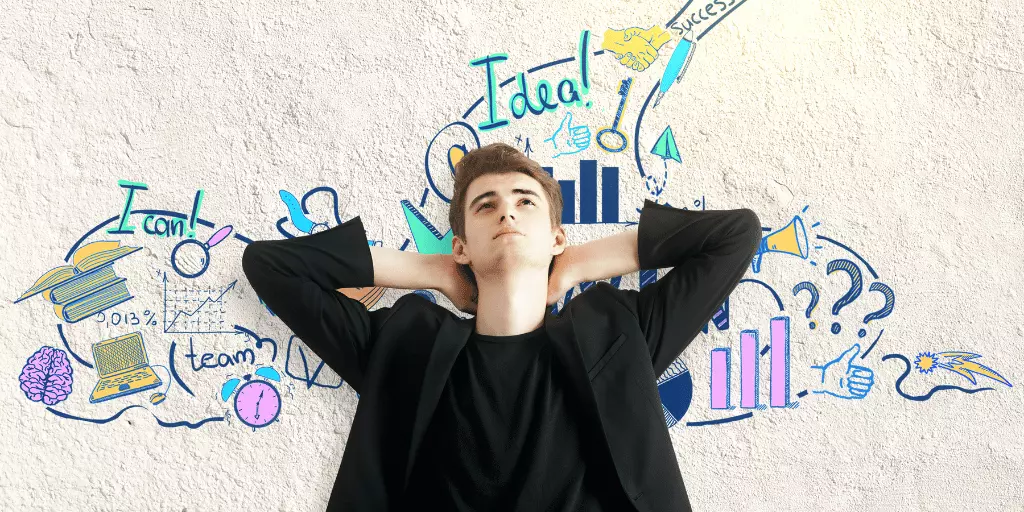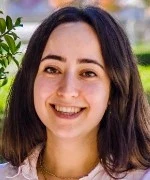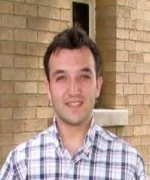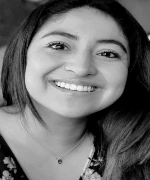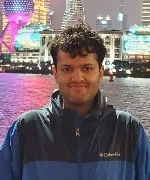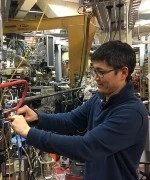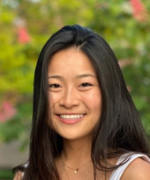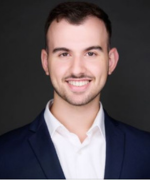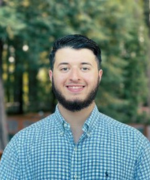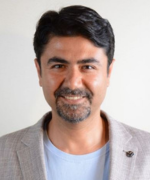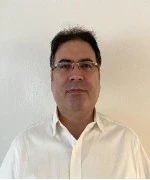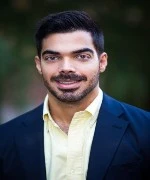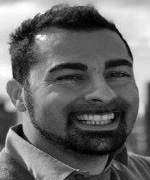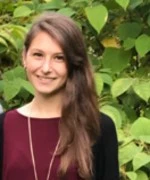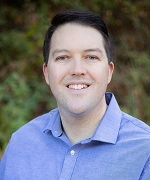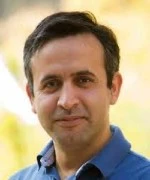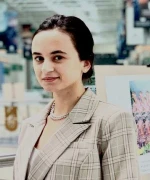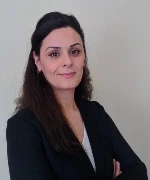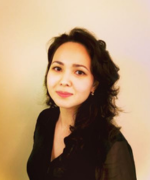

Learning From Failure as a Young Entrepreneur
The process of launching a business is indeed difficult, but the knowledge acquired is priceless. We’ll talk about the value of learning from failure as a young entrepreneur in this article, including how to handle the unanticipated benefits and possible repercussions of a failed startup on your resume and college application. Rather than concentrating just on failures, we will highlight the invaluable lessons and abilities that come from facing challenges as an executive leader.
Recent data from the Global Entrepreneurship Monitor (GEM) United States 2022-2023 report, released by Babson College, highlights the unprecedented surge in entrepreneurship in the United States. The report reveals a record-breaking 18% entrepreneurship activity rate for women and 20% for men, marking the highest in GEM history. These staggering numbers underscore the relevance of discussing the impact of a failed startup on your CV and college application, given the growing prevalence of entrepreneurial endeavors in the current landscape.
Starting a business and steering through challenges offer a unique set of learning opportunities. As a young entrepreneur, understanding how to deal with failure is a crucial part of your growth. We’ll explore the positive side of being at the helm of a struggling startup, emphasizing the resilience and valuable insights gained in such situations.
Additionally, we’ll address potential concerns about the impact of a failed startup on your resume, considering relevant statistics and different perspectives. The goal is to provide guidance on embracing the learning curve and turning setbacks into stepping stones for future success.
Resilience and Grit: Lessons Learned from Adversity
Starting a business almost always involves facing numerous difficulties, testing an individual’s ability to persevere and demonstrate real grit and resilience. Companies and colleges highly value these attributes, knowing that those who don’t give up easily possess a unique determination.
By writing about the challenges you have encountered and the ways in which you have overcome them in your resume, you not only showcase your perseverance and resolve but also establish a distinct advantage as a standout candidate. Emphasizing the lessons learned from adversity demonstrates your ability to navigate through tough situations and further highlights your capacity to adapt and thrive in the face of obstacles.
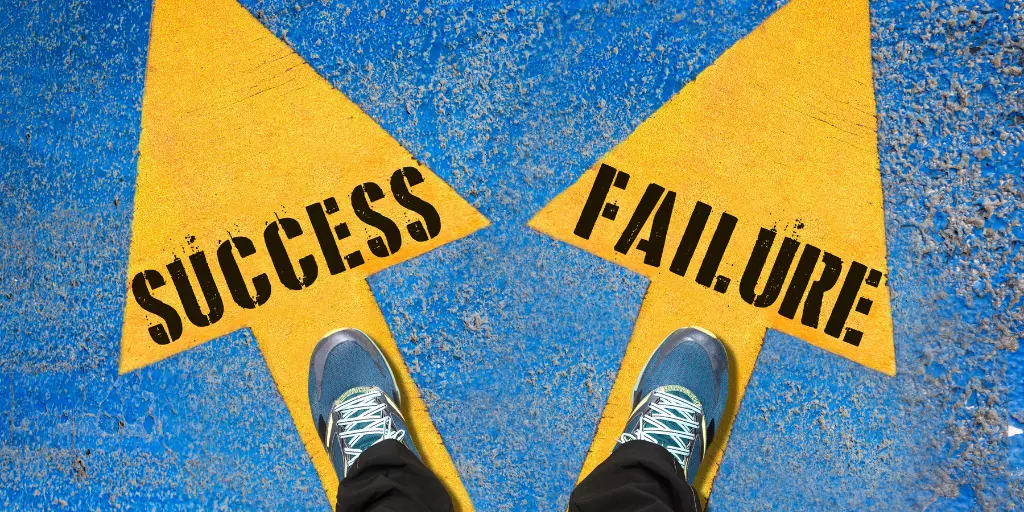
Real-World Experience: A Classroom Beyond Textbooks
A failed startup experience is like receiving an intensive crash course on the actual world of business, well beyond what is covered in textbooks. Colleges and companies will see from your resume that you truly lived and breathed business principles rather than merely studying them.
Even if they didn’t go as expected, real-world entrepreneurial experiences help you separate out from the competition. You’re proving that you can apply the skills you learned in the classroom to real-world situations when you display your unsuccessful startup.
It demonstrates that you are more than simply a theorist and that you can apply your knowledge to overcome obstacles in the business environment.
Putting Your Leadership and Decision-Making Skills to the Test
Starting and running a business requires strong leadership and the ability to make quick decisions. When you mention your role as CEO in your CV and highlight the tough decisions you’ve made, it proves that you’re skilled at making sound choices even when you’re under pressure. This is a valuable skill that both academia and industry really value.
Based on the study “The Impact of Learning From Failure on New Ventures’ Sustainable Development” by Ekaterina Shirshitskaia, Xue Zhou, Ling Zhang, learning from failure in entrepreneurship has positive effects on entrepreneurial dynamic capabilities and strategic decision comprehensiveness. This learning process promotes the integration of entrepreneurial knowledge and action, guiding new ventures in forming entrepreneurial dynamic capabilities and making strategic decisions.
These findings highlight the value of failure as a catalyst for growth and highlight how it enhances an entrepreneur’s ability to adapt to changes and drive sustainable development.

Embracing Failure as a Path to Growth and Adaptability
Learning from failure is a crucial trait of successful individuals. Colleges and companies seek candidates capable of adapting, evolving, and thriving in diverse settings. If your startup faced challenges, leverage that experience to emphasize your capacity for self-reflection and commitment to improvement. Harvard Business School’s research unveils an insightful statistic:
In the study, successful entrepreneurs had a 34 percent chance of succeeding in their subsequent venture-backed firm. This contrasts with 23 percent for those who previously faced setbacks and 22 percent for first-time entrepreneurs.
Despite these statistics, embrace your failed startup as an opportunity for personal development, showcasing resilience, adaptability, and a mindset focused on continual growth.
The Debate: Failure as a Launchpad or an Obstacle?
In the world of entrepreneurship, there is an ongoing debate about the role of failure in achieving success. Many believe that failure is a necessary step in the entrepreneurial journey. However, Professor Francis Greene challenges this belief with his research, suggesting that experiencing failure once may increase the likelihood of future failures, raising doubts about the true learning value of failure.
This conflicting perspective raises an important question: Is a failed startup a valuable addition to your CV and college application, or does it act as a hindrance? The answer to this question remains subjective, dependent on individual circumstances.
The importance of timing
Considering this debate, an article by Adrian L. Merida and Vera Rocha sheds light on the labor market value of former entrepreneurs. Their research suggests that the timing of entrepreneurial experience plays a significant role in unraveling this puzzle. They propose that the timing of entrepreneurial ventures in an individual’s career holds crucial importance. Specifically, they compare those who choose entrepreneurship early in their careers with minimal labor market experience to those who transition to entrepreneurship later after working as employees.
The results of their study reveal an encouraging aspect for young entrepreneurs: there is no significant wage penalty for those who initiate a business early in their careers. In fact, individuals who embark on entrepreneurship shortly after graduation, even without accumulating extensive labor market experience, enjoy a wage premium compared to those who never engage in new venture creation. This insight provides a positive perspective on the potential benefits of early entrepreneurial endeavors.
However, the study also emphasizes the importance of timing in entrepreneurial pursuits. Late entrepreneurs returning to paid employment may face a long-term wage penalty, particularly if they interrupt their careers later to establish a business, especially through self-employment without personnel.
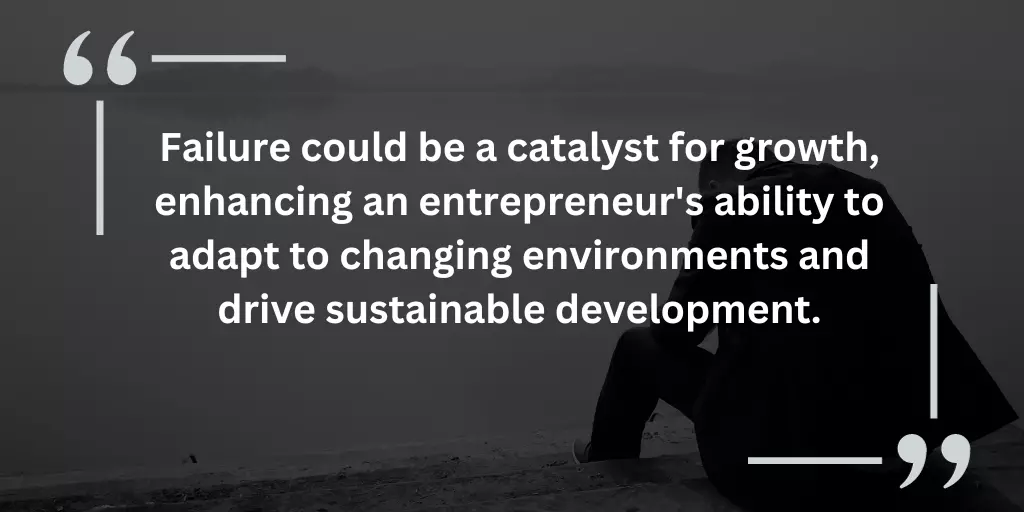

These findings add a valuable layer to the ongoing debate on whether entrepreneurial experience pays off. It underscores the significance of considering the timing of entrepreneurial spells in an individual’s career when evaluating the impact of a failed startup on their CV and college application.
Importantly, for young entrepreneurs, the data suggests that venturing into business early in their careers may not only provide valuable experience but could also contribute positively to their future earning potential, even if they decide to transition to corporate or employment roles later on.
The Psychology Behind Learning from Failure: Embracing the Diversity of Setbacks
Psychology plays a major role in understanding how we learn from failure. Even though we hope it’s a straightforward process, the truth is that learning from failure is anything but simple. It can be really difficult to draw meaningful lessons from our failures and figure out how to apply them effectively in the future. What’s more, our interpretations of what went wrong may leave out important details that could have helped us better understand what really happened.
Recognizing the diversity of failures is crucial in this process. Failures come in various types, ranging from strategic missteps and market shifts to team dynamics and unforeseen external factors. Each type of failure necessitates a different set of lessons and responses. Treating all failures as the same could overlook the nuanced insights that come from understanding the specific circumstances surrounding each setback.
As young entrepreneurs, acknowledging this diversity allows us to approach failure with a more nuanced perspective. Rather than viewing it as a singular, all-encompassing event, we can recognize the specific lessons inherent in different types of failure. This adaptability in our mindset not only aids in better learning from setbacks but also contributes to a more resilient and insightful entrepreneurial journey.
Weighing the Impact: How Does a Failed Startup Affect Your CV?
The conflicting viewpoints surrounding the impact of a failed startup raise an intriguing question: Is a failed startup a positive addition or a detrimental factor for your CV and college application?
The answer to this question is not definitive, as it greatly depends on individual circumstances and is a matter of personal perception.
On one hand, some argue that failure brings valuable qualities such as resilience, real-world experience, leadership skills, and adaptability, which can have a positive influence on one’s CV and application.
On the other hand, other researchers challenge the notion that failure guarantees better future outcomes, casting doubt on the belief that a failed startup is necessarily beneficial for one’s professional and academic prospects.
Shaping Your Story: Embracing the Complexity
Ultimately, it is up to each individual to reflect on their own experiences, honestly learn from them, and determine how to present them in their CVs and college admissions.
The impact of a failed startup on Your CV and College Application is subjective and open to personal interpretation. By acknowledging the duality of perspectives, you can craft a nuanced narrative that captures the lessons learned, regardless of the ultimate outcome.
This allows you to showcase personal growth and resilience in the face of adversity, highlighting your ability to adapt and learn from challenging experiences.
